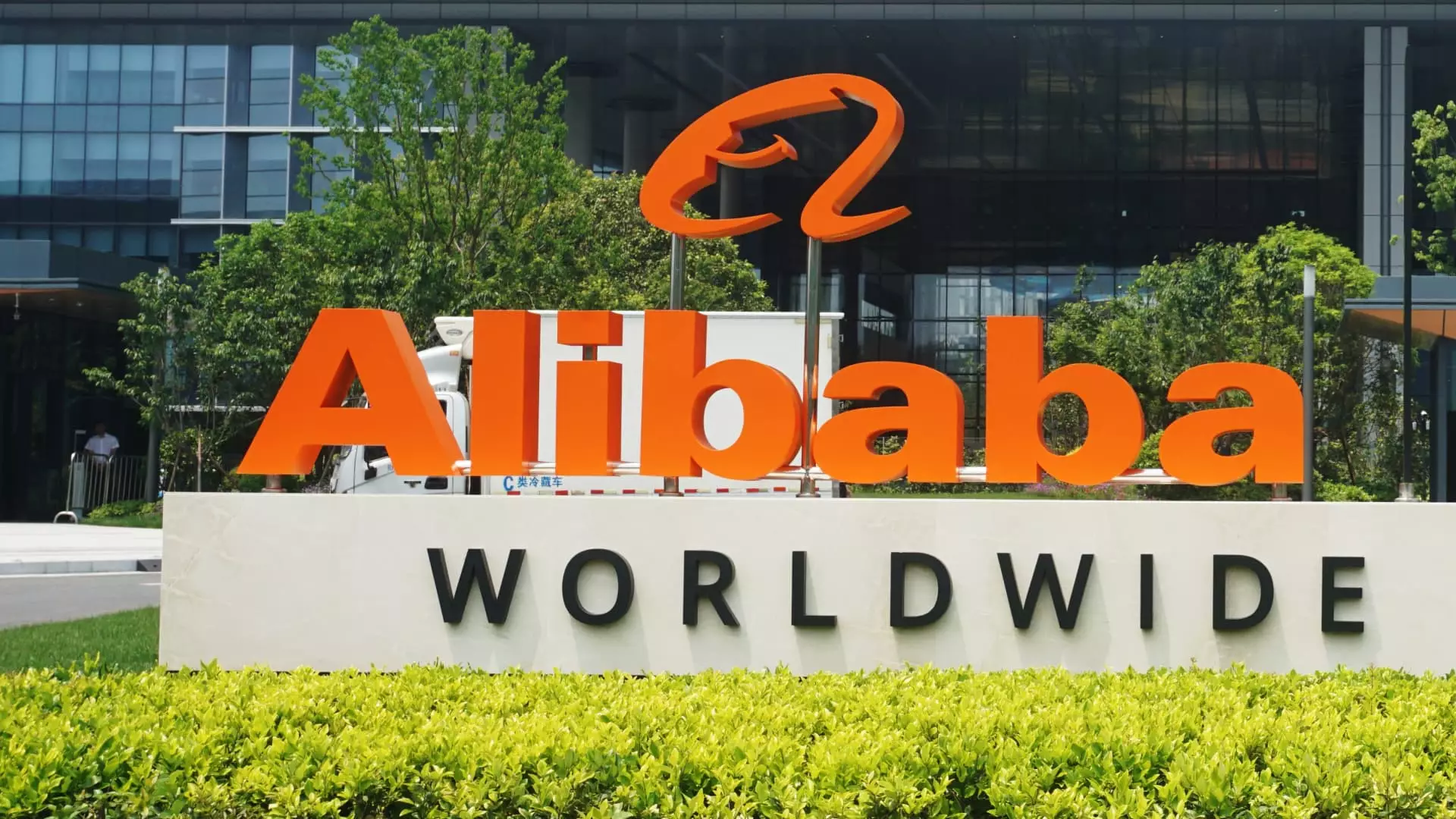In a bold move to enhance its global footprint, Alibaba’s international branch has officially launched a revamped version of its AI-driven translation tool, Marco MT. The company asserts that this tool surpasses the offerings of industry giants such as Google, DeepL, and ChatGPT, setting a new standard for translation technology in the e-commerce sector.
Alibaba claims that the new Marco MT translation tool is not just an incremental update but a significant advancement over its predecessor, which debuted a year ago and reportedly has garnered 500,000 active merchant users. This latest iteration leverages advanced large language models, a technology that has gained traction in the AI community for its ability to analyze and generate human-like text. According to Kaifu Zhang, Alibaba’s VP and head of AI initiatives, these models offer the unique capability to understand context by considering cultural nuances and industry-related terminology.
This context-awareness is crucial for e-commerce sellers looking to connect authentically with overseas customers, thus heightening their chances of making sales. The underlying philosophy propelling this development is clear: if merchants thrive, so does the Alibaba platform. This reciprocal relationship emphasizes Alibaba’s focus on merchant success as a pathway to its own economic health.
Alibaba’s foray into translation technology comes at a time when the competition is fierce. Established players like Google and emerging contenders such as DeepL and OpenAI’s ChatGPT have been dominant in this space, prompting Alibaba to carve its niche carefully. The new Marco MT claims to excel in its ability to grasp idiomatic expressions and elaborate on meanings that could be lost through direct translation—a critical aspect when conveying product descriptions across diverse languages.
The tool currently offers support for 15 languages, encompassing a wide range from Arabic and Chinese to Spanish and Turkish. This linguistic diversity is not just a technical feature; it reflects Alibaba’s strategic intent to capitalize on emerging markets. Zhang highlighted that developing nations account for a substantial portion of active users, signaling an opportunity for Alibaba to intensify its international marketing efforts.
Alibaba anticipates substantial demand for Marco MT from regions like Europe and North America, along with emerging markets that have shown a growing appetite for e-commerce solutions. Understanding the geographical dynamics is crucial for effective market penetration. For instance, with the rise of international platforms like TikTok and the rapid expansion of retailers such as Shein, Alibaba’s translation tool could empower local vendors to better compete on a global scale.
The momentum gained from the previous version of the translation tool cannot be underestimated. The initial iteration facilitated over 100 million product listings, showcasing its utility and user acceptance. The monetization model appears to be based on a pay-per-use scheme, enabling merchants to gauge the cost against their own sales performance. However, details on pricing for the updated version remain sparse, leaving room for speculation about its financial implications for users.
In the world of e-commerce, user experience is paramount, and Alibaba’s updated translation tool aims to enhance this by delivering more relatable and culturally aligned product descriptions. Zhang shared a pertinent example: a colloquial term for a slipper that, when translated literally, might alienate English-speaking consumers. This underscores the importance of nuanced translation in driving consumer engagement and conversion rates.
With significant shopping events on the horizon, such as Alibaba’s highly publicized Double 11 (Singles’ Day) shopping festival, the new translation capabilities are expected to create a more seamless shopping experience—an essential factor in maximizing sales during peak periods.
Despite the optimism surrounding Marco MT, Alibaba faces pressing challenges, particularly from its domestic competitors in China, where its main platforms, Taobao and Tmall, reported stagnant growth. The international arm’s remarkable 32% sales increase suggests that Alibaba is wisely diverting its focus to global markets, where e-commerce is steadily expanding.
As Alibaba prepares for its upcoming earnings release, analysts project that growth in international revenue may slow, highlighting the need for the company to balance its aggressive expansion with sustainable profitability. The introduction of the Marco MT tool could be a keystone in this balance, offering significant potential for investment returns if utilized effectively by merchants seeking to break into international markets.
Alibaba’s refreshed translation tool is not merely a technological enhancement; it stands at the intersection of e-commerce innovation and local-global market dynamics, potentially reshaping how businesses engage with a global customer base.

